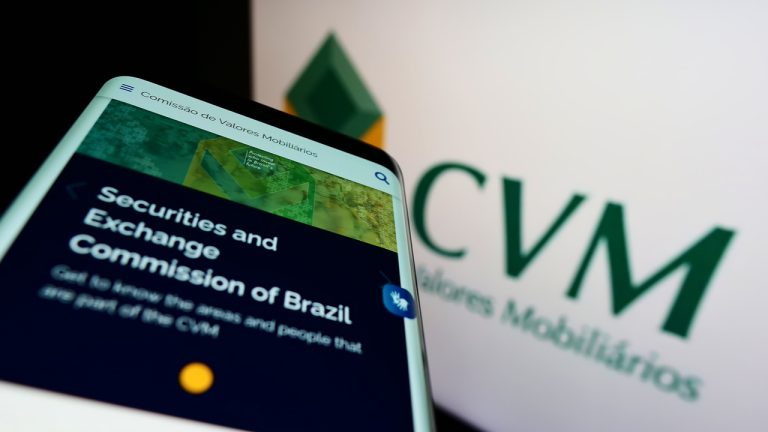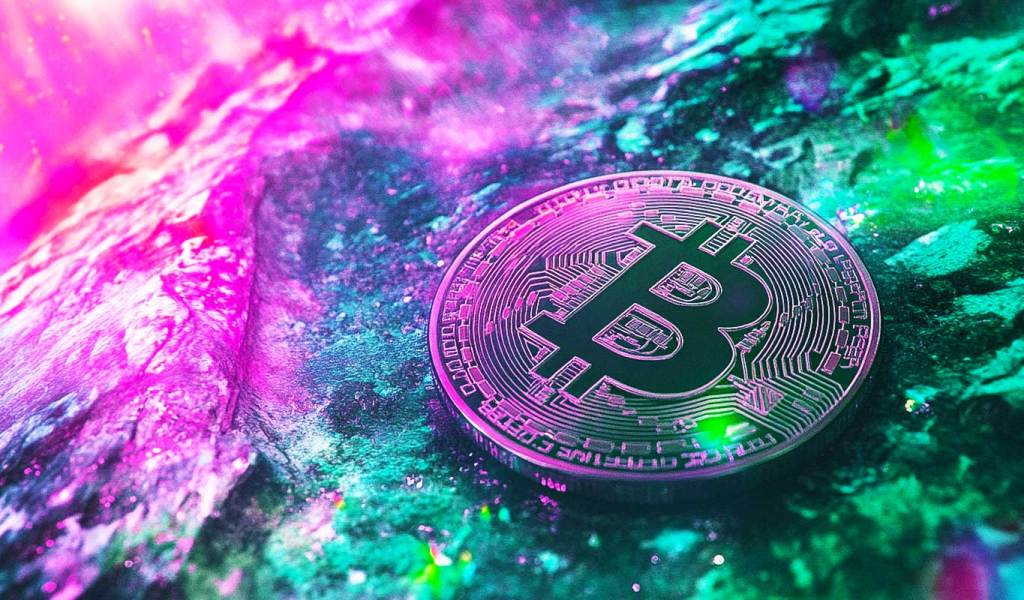
Brazilian Securities Watchdog Demands Changes in Cryptocurrency Bill

The new directive of the Brazilian securities watchdog, the CVM, is now demanding specific changes to the cryptocurrency bill pending discussion in Congress. The organization wants to correct a loophole in the current document in which some tokens would not be considered securities, including tokenized physical goods and carbon credits.
Brazilian CVM Presses for Changes in Current Cryptocurrency Bill
The Brazilian securities watchdog, the CVM, is pressing for changes in the cryptocurrency bill that will clarify how virtual assets will be treated in the country. The new directive of the organization has taken an active stance, different from the previous administration, which had not made any proposals regarding this bill.
Specifically, the CVM is asking for a change in the text that would allow certain digital assets such as carbon credits, court orders, and receivables to be structured in a blockchain but not to qualify as virtual assets according to the definition of the current cryptocurrency bill.
However, these new details have not been corrected, and according to proponents of the law, there would be no opportunity for the inclusion of this new correction. Deputy Expedito Netto, the rapporteur of the bill, told local media he was unaware of these details but that it was not possible to change the current text of the bill.
Senator Carlos Portinho believes that it would be better to start a new cryptocurrency bill from scratch. He stated:
The industry itself revised some concepts, so it preferred to sit down and start over. We have to exercise participatory democracy. Projects like this need to be debated to arrive at a more current text and with more legal certainty. If it is approved as it currently is, it will please few.
Other Solutions
These differences between the proposers of the bill and the representatives of the Brazilian CVM might make the current cryptocurrency bill unsalvageable. However, there is a possibility that will allow the time and the effort that lawmakers have invested in this bill not to go to waste.
This possibility contemplates the current iteration of the bill being sanctioned by Congress, and the executive vetoing some parts of it, changing and defining by decree some of the specifics that have been criticized.
The final discussion of the cryptocurrency bill was slated to happen in August, but Congress is focused on the next general elections to happen in October. The last period in which this project can be discussed before the elections close this September.
What do you think about the thoughts of the Brazilian CVM on the yet-to-be-approved cryptocurrency bill? Tell us in the comments section below.
Go to Source
Author: Sergio Goschenko









